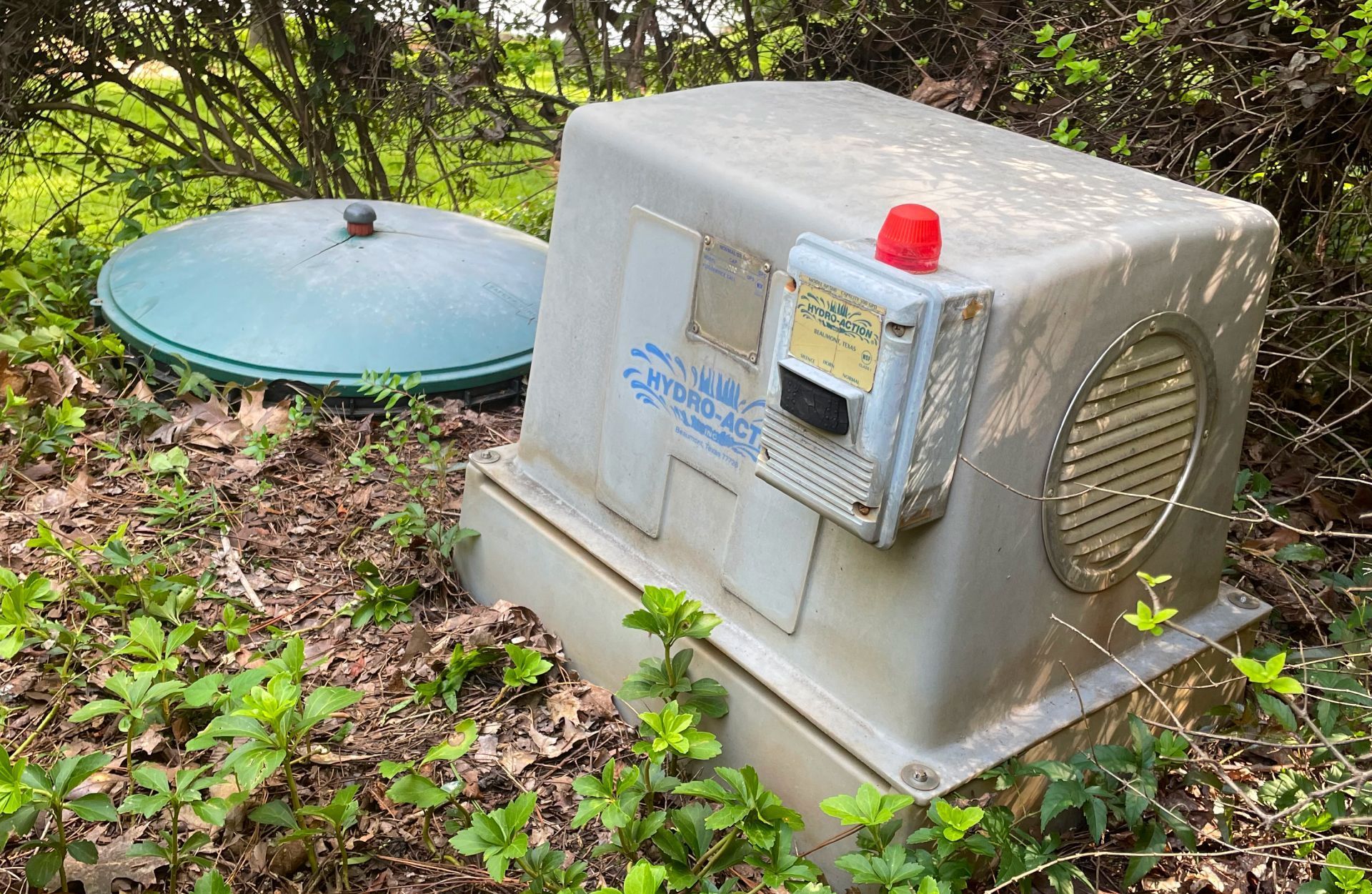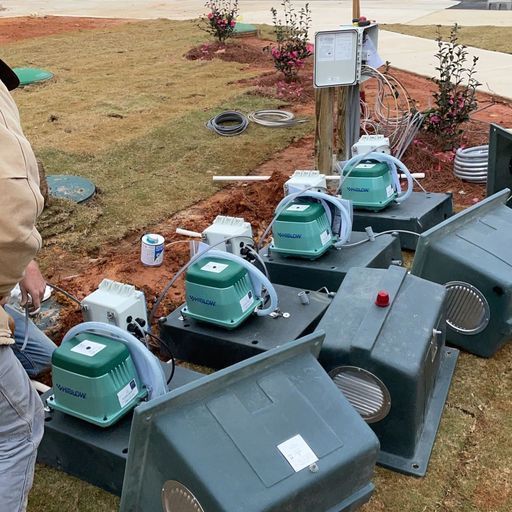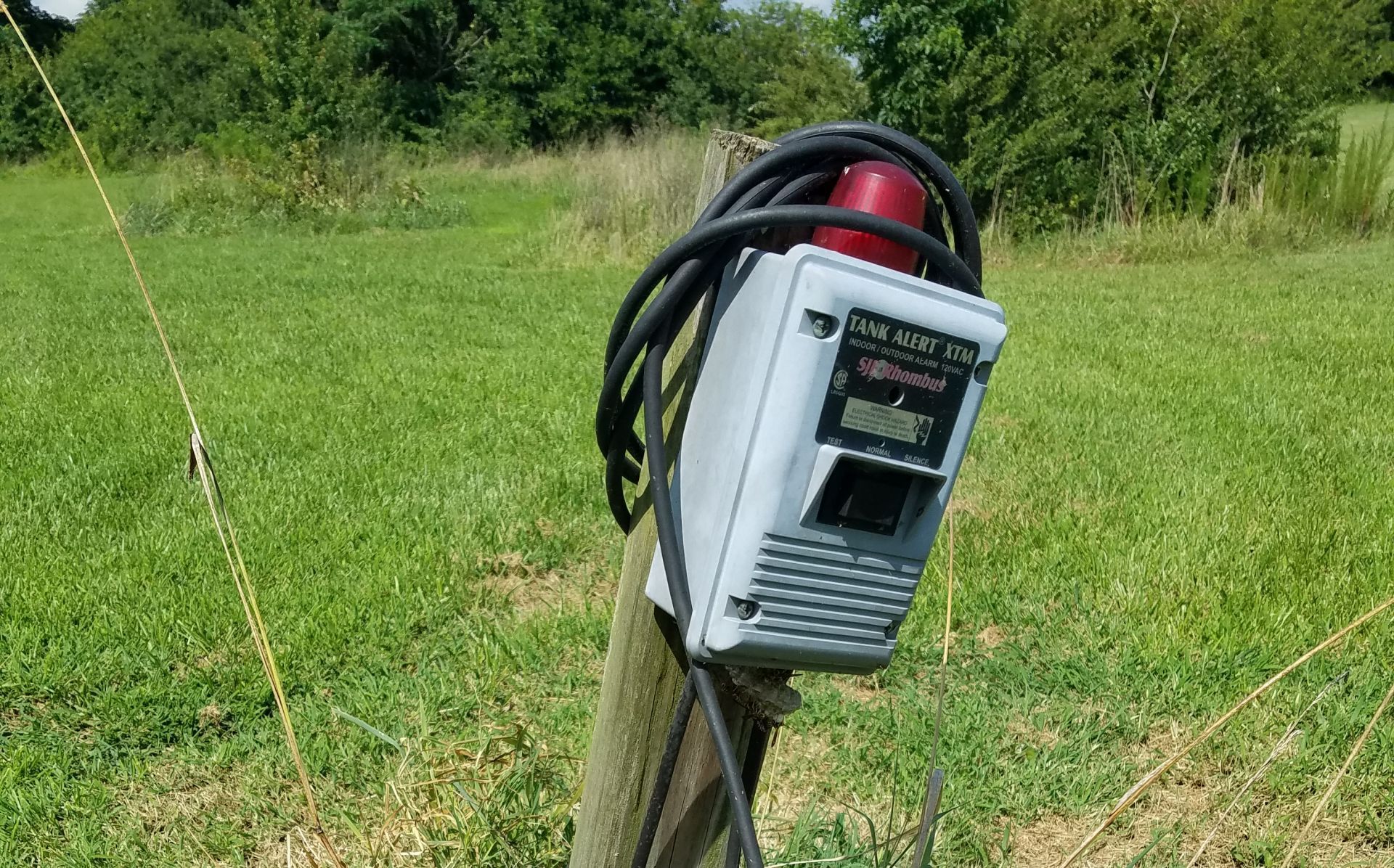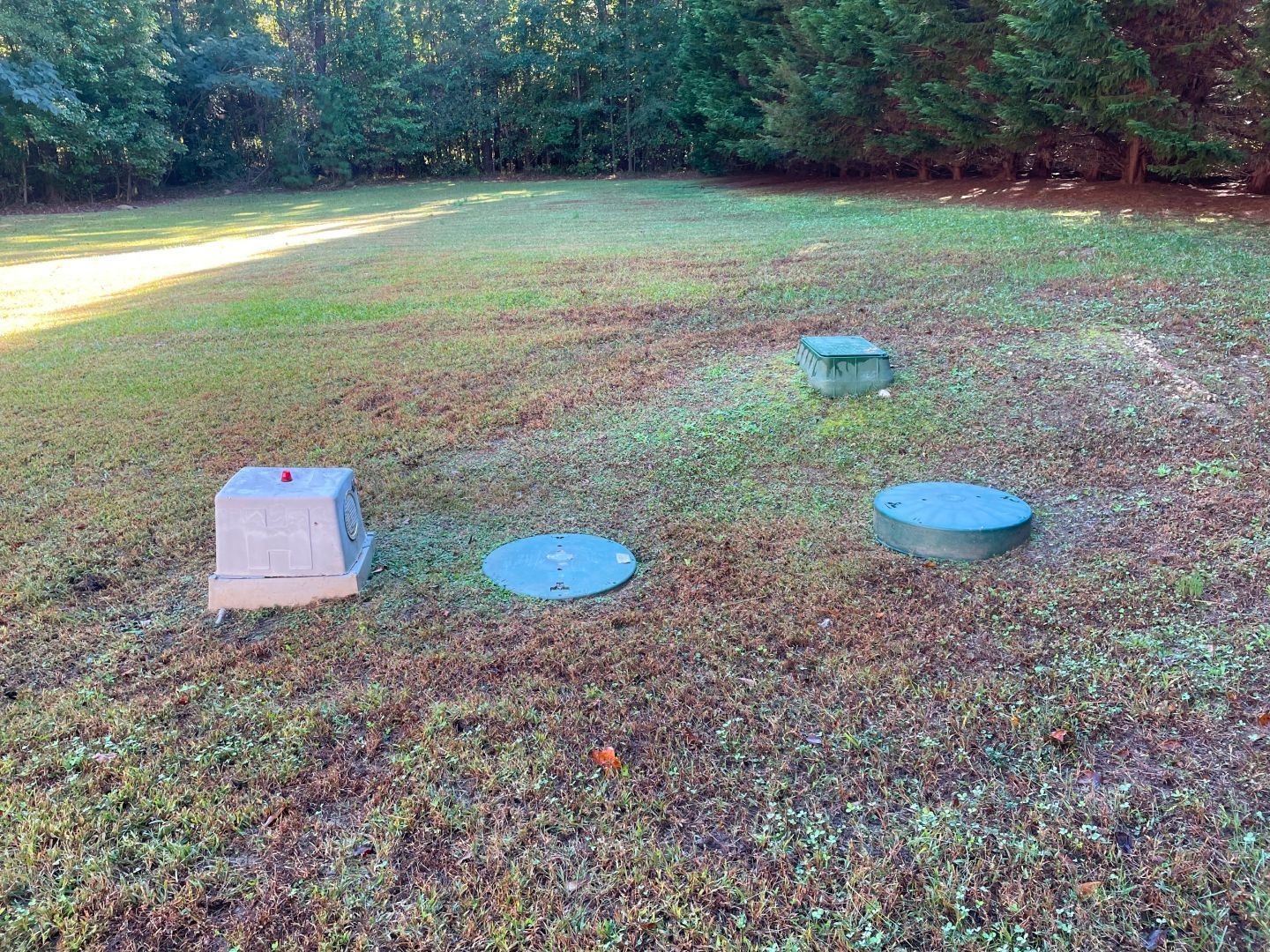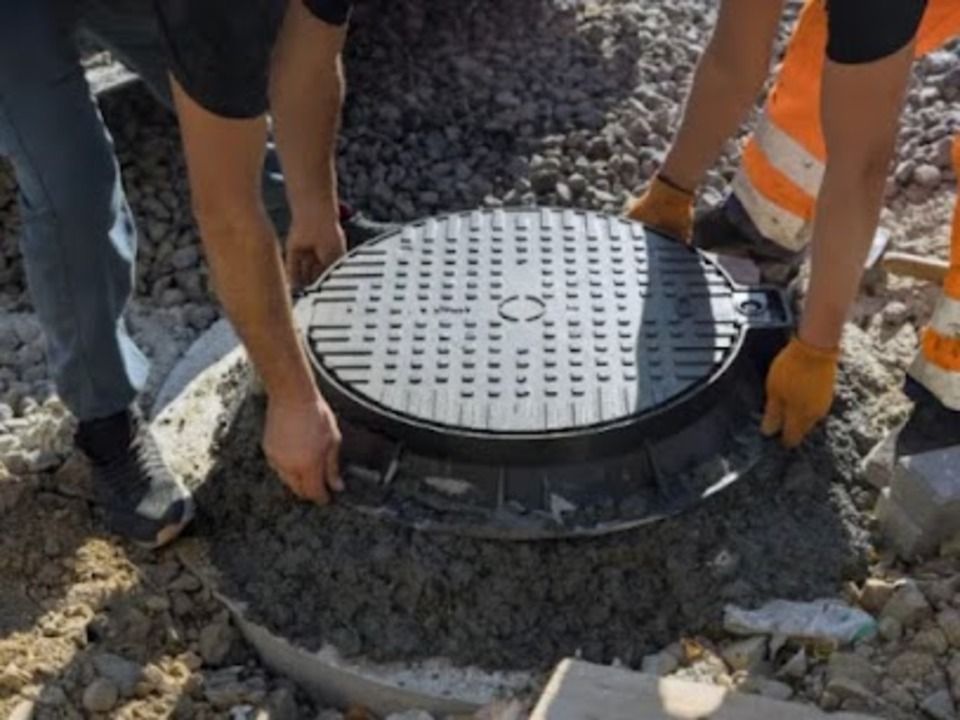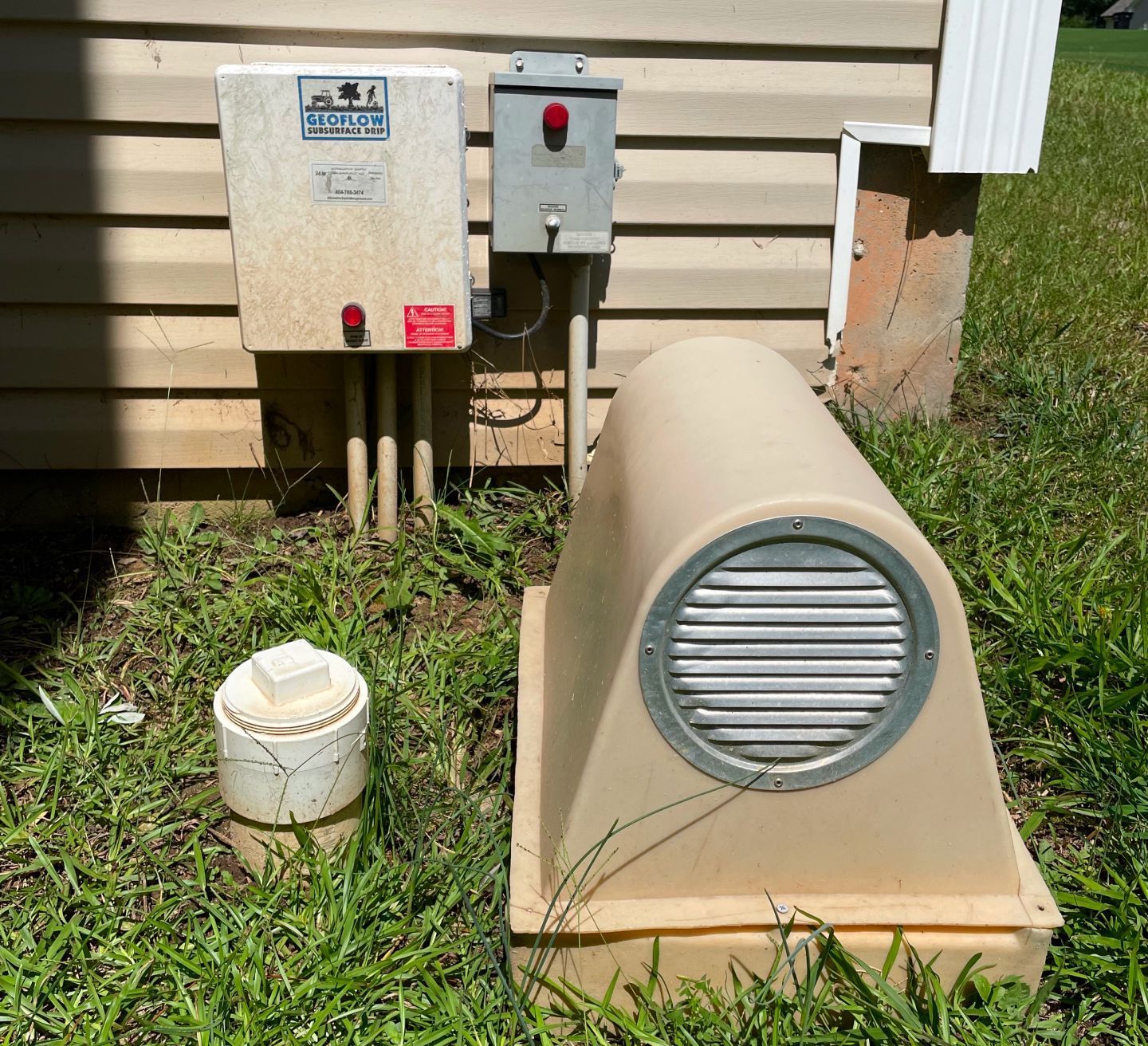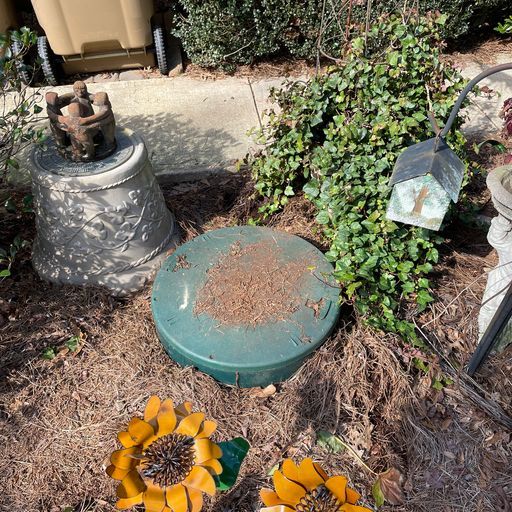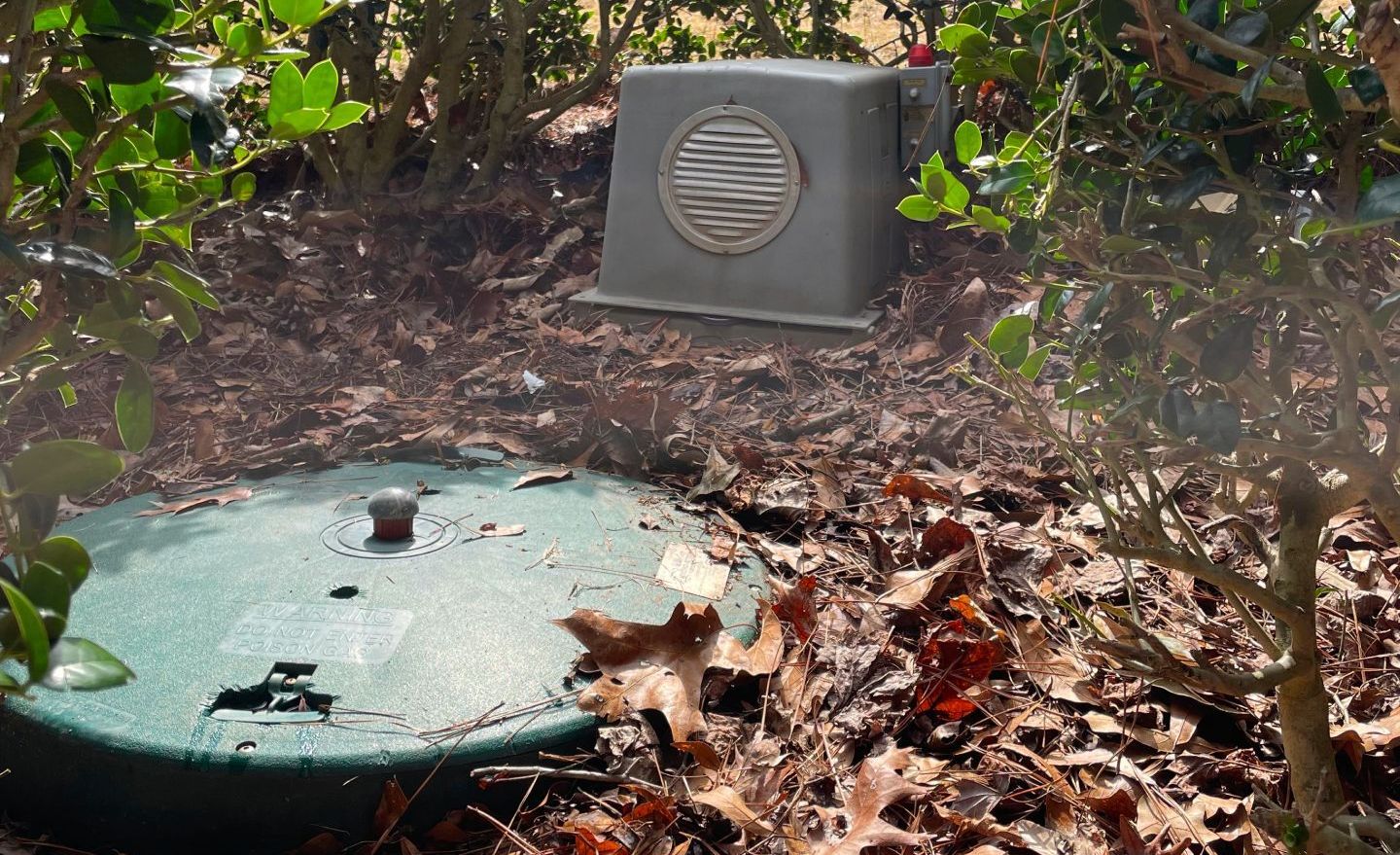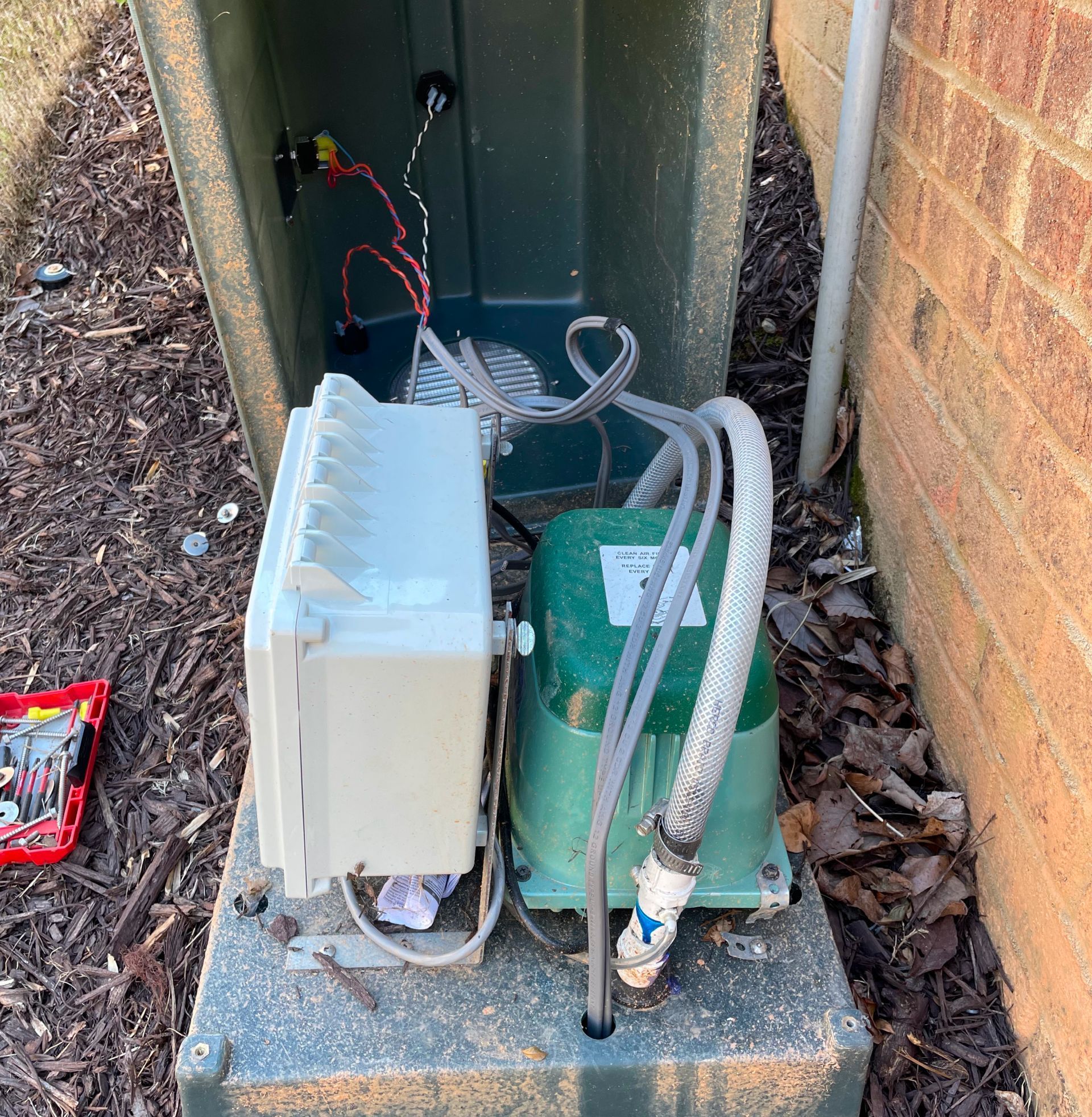7 Tips To Keep Your Aerobic Septic System in Good Condition
7 Tips To Keep Your Aerobic Septic System in Good Condition
Septic systems are essential to rural and suburban living, as they effectively dispose of household wastewater. These systems work by separating solids and liquids and treating the wastewater before releasing it into the environment. While most use some more common septic systems, such as the conventional variant, other choices are available. One example is the aerobic septic system, which uses an aeration tank to treat the wastewater.
Aerobic septic systems are a more advanced version of the conventional septic system. They use an aeration tank to introduce oxygen into the wastewater, otherwise promoting aerobic bacteria growth. These bacteria break down the organic matter in the wastewater more efficiently than the bacteria in a conventional system, resulting in cleaner effluent. Aerobic septic systems can also handle more wastewater than conventional systems, making them an ideal choice for larger households or commercial properties.
As with any other septic system, they must be maintained in excellent condition to ensure they work well. To help you with this, here are some tips:
1. Regular Pumping
Unlike conventional systems, aerobic systems require more frequent pumping to ensure that the aeration tank and other system components do not become overloaded with solids. The pumping frequency will depend on the size of the system and the number of people using it. Generally, most aerobic septic systems require pumping every 1-3 years.
Ignoring the pumping schedule can lead to a buildup of solids in the aeration tank, reducing the system's effectiveness. Over time, this can lead to system failure and costly repairs.
2. Monitor the Drain Field
The drain field filters and disperses treated wastewater from the septic system into the soil. Monitoring the drain field regularly is essential to ensure it is functioning correctly. Signs of a problem in the drain field include slow drains, foul odors, and standing water on the ground.
With this in mind, you must avoid planting trees or large shrubs near the drain field as their roots can damage the system's pipes and cause blockages. Additionally, do not park vehicles or heavy machinery on the drain field, as this can compact the soil and damage the pipes.
3. Conduct Regular Aerator Maintenance
The aeration tank is the heart of your aerobic septic system, as it introduces oxygen into the wastewater and promotes the growth of aerobic bacteria. To keep your system running smoothly, you should regularly maintain the aerator. This includes cleaning the air filters and checking the diffuser for clogs or damage.
4. Limit Your Water Usage
Aerobic septic systems are designed to handle a higher volume of wastewater than conventional systems, but they still have their limits. Limit water usage as much as possible to prevent overloading your system. This means taking shorter showers, fixing any leaks as soon as they occur, and avoiding running multiple appliances simultaneously.
5. Avoid Flushing Non-biodegradable Objects
Your aerobic septic system is designed to break down organic matter but cannot handle non-biodegradable objects. You should avoid flushing items such as cigarette butts, feminine hygiene products, or baby wipes, because they can accumulate in the tank and cause blockages.
6. Use Products That Are Septic System Safe
Septic-safe products are formulated to be safe for your septic system and do not contain harsh chemicals that can harm the bacteria in the tank. Look for products with a "septic safe" label, or choose natural and biodegradable cleaning products that are gentle on the environment and your septic system. Avoid using bleach, antibacterial soaps, and chemical drain cleaners, as they can kill the beneficial bacteria in the tank and disrupt the natural breakdown process.
7. Conduct Regular Inspections
Above all else, you must conduct regular inspections of your septic system. Regular inspections can help to identify problems before they become major issues that can lead to costly repairs or even the replacement of the entire system. It is recommended that you have your septic system inspected at least once every three years by a professional septic system inspector.
Conclusion
Aerobic septic systems are a great alternative to traditional ones, providing a more efficient and reliable way to handle wastewater. However, you must ensure it works in excellent condition, especially since it will be used extensively. This way, you can avoid costly repairs and ensure the system functions optimally.
Alternative Septic Management Inc. provides top-quality services for
inspections of septic systems. Our septic specialists will check for regulatory requirements to ensure your system operates smoothly and efficiently. Schedule an inspection today!
